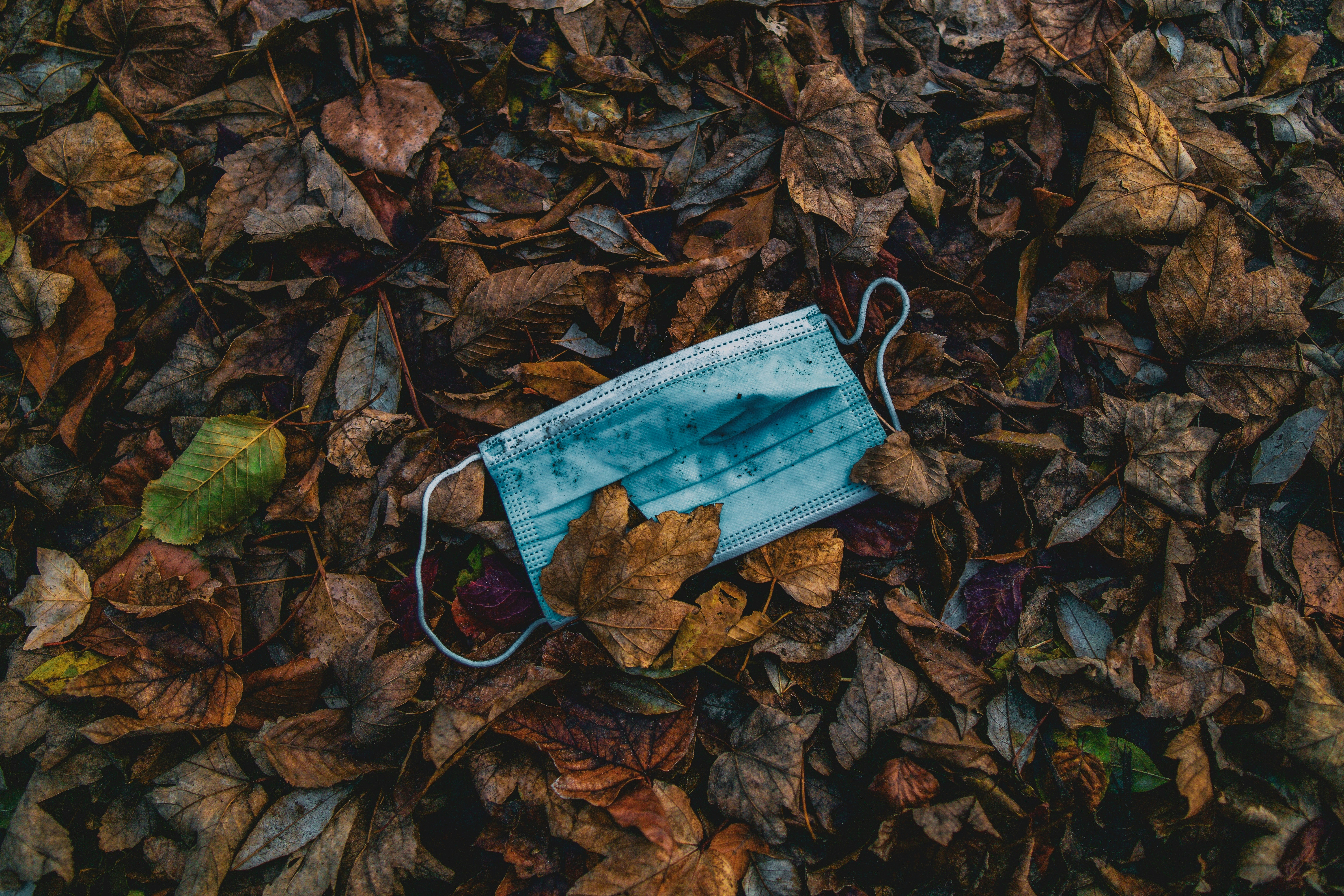Media release
From:
- Worm's meal – Plastic-eating insects might play a part in tackling the plastic pollution crisis, but not without major reductions in manufacturing. Mealworms (n=160) were fed a mix of bran and microplastics from medical facemasks, over 23 days they consumed 530mg of plastic. When considering particles excreted, net consumption rates were between 39.6% and 22.6% depending on plastic type. It “would take 100 mealworms 138 days to consume one face mask”, the authors said. Biology Letters.
Partial consumption of medical face masks by a common beetle species
Biology Letters
Plastic pollution has become one of the largest environmental problems facing the world today. The characteristics that make this product so versatile also allow it to persist on the planet indefinitely. A growing body of research has demonstrated that some insects may be able to consume and degrade plastics. However, these studies have mostly been conducted on pure plastic rather than common plastic products. In this study, we made microplastic particles from petroleum- and plant-based medical face masks. We demonstrate that the common beetle Tenebrio molitor (mealworms) consumed about 50% of the available particles. Insects may hold the key to sustainable plastic disposal strategies, but research in this field needs to proceed concomitantly with reductions in plastic manufacturing.



 International
International



